News
-
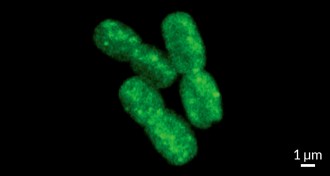 Ecosystems
EcosystemsOcean plankton held hostage by pirate viruses
The most abundant photosynthesizers on Earth stop storing carbon when they catch a virus.
By Susan Milius -
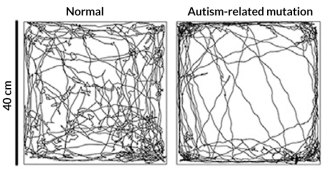 Neuroscience
NeuroscienceAbnormal sense of touch may play role in autism
Autism-related genes are important for touch perception, a sense that may help the brain develop normally, a study of mice suggests.
-
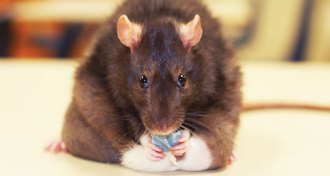 Life
LifeObesity’s weight gain message starts in gut
Acetate made by gut microbes stimulates weight gain, research in rodents suggests.
-
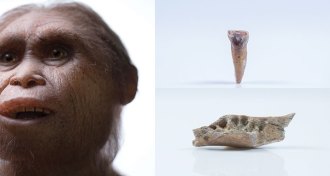 Anthropology
AnthropologyHobbit history gets new preface
Jaw, tooth fossils put new spin on evolution of Homo floresiensis.
By Bruce Bower -
 Life
LifeBy leaking light, squid hides in plain sight
Glass squid camouflage their eyes with wonderfully inefficient bioluminescence.
By Susan Milius -
 Earth
EarthSpy satellites reveal early start to Antarctic ice shelf collapse
Declassified spy satellite images reveal that Antarctica’s Larsen B ice shelf began destabilizing decades earlier than previously thought.
-
 Quantum Physics
Quantum PhysicsQuantum weirdness survives space travel
Quantum weirdness travels from Earth to space and back again.
-
 Animals
AnimalsPygmy blue whales deepen their moans
Sri Lankan pygmy blue whales are tweaking their calls — making one part deeper and keeping another part the same — but scientists can’t say why. The finding injects a new wrinkle in theories about blue whale calls.
By Meghan Rosen -
 Genetics
GeneticsAncient DNA tells of two origins for dogs
Genetic analysis of an ancient Irish mutt reveals complicated history of dog domestication.
-
 Planetary Science
Planetary ScienceJupiter’s stormy weather no tempest in teapot
New radio observations reveal how ammonia moves about beneath Jupiter’s clouds and provide a sneak peek at what NASA’s Juno mission will learn later this year.
-
 Archaeology
ArchaeologyEarliest evidence of fire making in Europe found
Clues to Stone Age fire making surface in a Spanish cave.
By Bruce Bower -
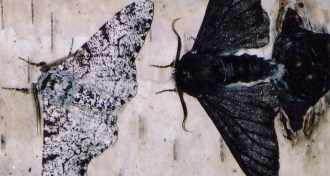 Life
LifeJumping gene turned peppered moths the color of soot
A single gene is behind some of the most famous examples of natural selection.